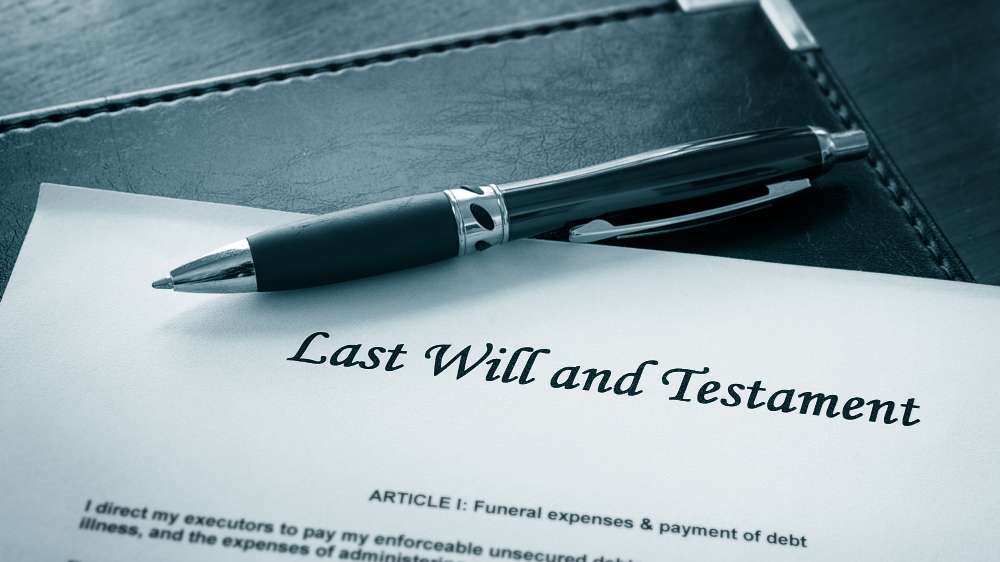What You Need To Know About Drawing Up Your Will In Singapore
When you’re young and healthy, death, dying and illnesses are seldom on our minds. Yet, they are undeniable parts of life. That stuff happens. Sometimes, more quickly or suddenly than we imagine. That’s why making a Will is essential. As long as you have people you love, people who depend on you, and if you own anything of value (a pet, a business, property, money in the bank, art, jewellery), a Will is important.
Also called a Last Will and Testament, the Will is a legal document that states who will inherit your assets, and lets you name a guardian for your children and pets in the event of your death.
What happens if you die without a Will?
A person who has died without having made a will is called an “intestate”.
Without a Will, the Intestate Succession Act will see that your estate (i.e. everything you own) will go to your parents if you are single, or divided equally among your siblings if your parents are deceased. If you are married, all assets automatically go to your spouse if you do not have children or are divided equally amongst your spouse and children.
Say you want a larger fraction of your assets to go to someone who needs extra care when you are gone. Or you want someone who is not part of your immediate family to receive some of your assets when you die. This is only possible if it is stated in your Will.
The scenarios for how you might want your assets to be distributed are countless and nuanced, so it is best to consult a lawyer when planning your Will to ensure that the distribution of your assets measures up to your wishes.
How to make a Will
For starters, you must be at least 21 years old to write a Will. In theory, a Will can be as simple as a handwritten instruction signed by the person writing the Will (the testator) and two witnesses who are not named as beneficiaries in the Will. It does not require the presence or advice of a lawyer, but it is helpful to have a professional lawyer draft your Will as they can answer questions and ensure that the details of your Will are correct and in order, advises lawyer Peggy Sarah Yee, director of PY Legal and a specialist in estate and matrimonial law.
“The more assets you have, the more complicated the provisions. So it is best to hire a lawyer to help draft your Will.” she said. “Yes, you can do it yourself, but you run the risk of not doing it correctly. If it doesn’t meet legal requirements, then it’s not valid.”
While there are many templates for Will writing and Will writing services online, Yee still recommends the services of a good lawyer. “You need someone who can advise you about your estate planning holistically and help with the small details,” she said. “Ultimately, a Will is an important document, so I would advise that you go to someone who knows what needs to be done.”
For example, those with complex family circumstances, such as ailing parents, strained marriages and strained relationships between siblings will likely want to leave specific instructions for how their assets should be divided and who would look after a dependent in the event of their passing. “There is no one-size-fits-all, so it’s important to get good advice,” Yee reiterated.
An exception to note is that the money in your CPF accounts cannot be included in your Will as it doesn’t form a part of your estate. It is also protected from creditor claims should you die with outstanding debts. For the distribution of your CPF money, you can nominate up to eight beneficiaries directly with CPF.
How much does it cost to draw up a Will?
Having a lawyer draw up your will can cost anything between $200 to $600. “More complicated Wills will cost more,” said Yee.
Online Will writing services start from about $175 and may include supplements for changes to the will.
What happens after the Will is drawn?
Once the Will is signed, keep a copy of it in a safe place and let the executor of your will (someone you name in the Will who will take care of the distribution of your assets when the time comes) know of it. Ideally, though not compulsory, you should deposit the Will to the Wills Wills Registry, which will assist the probate process.
Do note that all of the above only applies to non-Muslim Singaporeans. Muslims are subject to a different set of Syariah Court Court rules based on Faraid the Islamic law on inheritance.
For the latest updates on Wonderwall.sg, be sure to follow us on TikTok, Telegram, Instagram, and Facebook. If you have a story idea for us, email us at [email protected].




.jpg?sfvrsn=19bc84b0_1)






